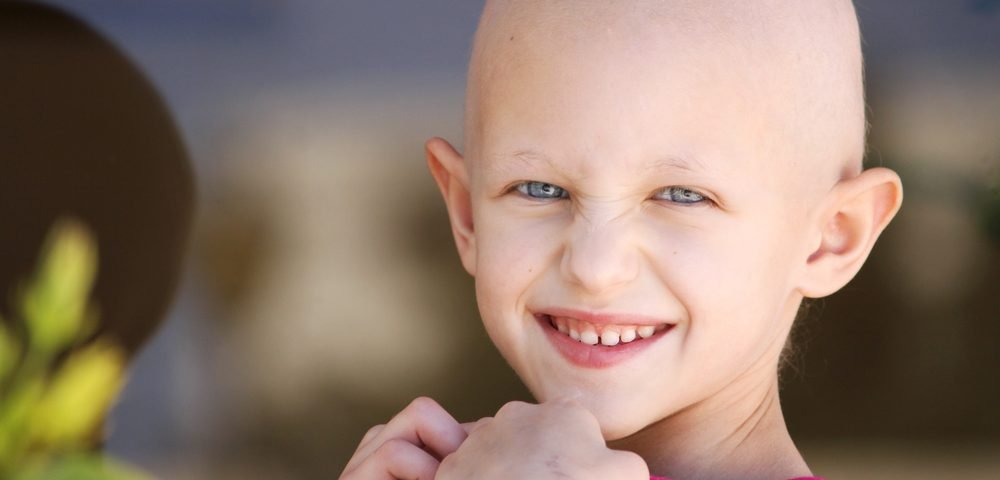The leukemia of 83 percent of young patients treated with Novartis’ CTL019 was in remission three months after the therapy administered, and it lasted six months, researchers reported.
There were two types of remission, according to an update of Phase 2 clinical trial results. One was complete remission and the other complete remission with incomplete recovery of blood cell counts.
The ELIANA trial (NCT02435849) covered children and young adults with relapsed or refractory B-cell acute lymphoblastic leukemia, or ALL.
CTL109, or tisagenlecleucel, is a CAR T-cell therapy, with CAR standing for chimeric antigen receptor. To create such a therapy, medical professionals remove T-cells from a patient, modify them so they will express receptors specific to the patient’s cancer, then reintroduce the cells into the patient. The process sharpens the cells’ focus on the cancer.
Doctors found no residual leukemia among the patients who achieved remission. Since molecular traces of cancer can trigger relapses, this observation suggested that the treatment could hold up in the long run.
Patients who responded to the treatment had a 75 percent probability of having no relapse within six months, researchers calculated. The probability dropped to 64 percent 12 months after treatment, the team said.
Patients’ likelihood of surviving six months was 89 percent and 12 months 79 percent, the researchers said. Patients in the analysis were studied a median of 8.8 months.
“The updated CTL019 ELIANA data illustrating early observed response rates that have held steady over six months’ time are exciting findings,” said Dr. Stephan Grupp, lead investigator of the trial.
“Durability is an important measure for children and young adults with relapsed or refractory B-cell ALL, and we are truly encouraged by the results of this study,” added Grupp, who is the Yetta Deitch Novotny Professor of Pediatrics at the University of Pennsylvania’s Perelman School of Medicine and director of the Cancer Immunotherapy Frontier Program at the Children’s Hospital of Philadelphia.
Sixteen of the 88 trial participants did not receive treatment. The cancer of nine of them had progressed before treatment began, illustrating how acute the disease’s progression can be, researchers said. Researchers were unable to produce enough quantities of engineered T-cells for the other seven patients to be treated.
“These positive, updated ELIANA data help us better understand the ability for CTL019 to maintain durable responses in r/r [relapsed/refractory] ALL,” said Dr. Vas Narasimhan, Novartis’ chief medical officer.
“The results, including relapse-free survival findings at six and 12 months, reaffirm our confidence in CTL019 to potentially become an effective treatment for pediatric and young adult patients with r/r ALL in need of more options,” he said.
Nearly half of the patients who were treated experienced cytokine release syndrome — a strong immune reaction triggered by the engineered T-cells. The reactions were manageable, with no patients dying or having brain swelling. Fifteen percent of patients had neurologic reactions to treatment, researchers said.
The U.S. Food and Drug Administration recently accepted Novartis’ Biologics License Application for CTL019. It will look at the application on a priority basis, accelerating its review.
Novartis presented the updated data from the ELIANA trial at the European Hematology Association (EHA) Annual Meeting in Madrid, June 22-25.


